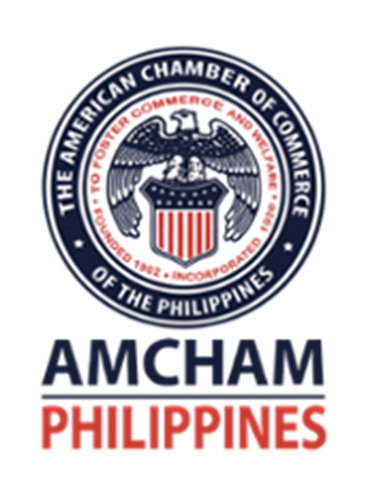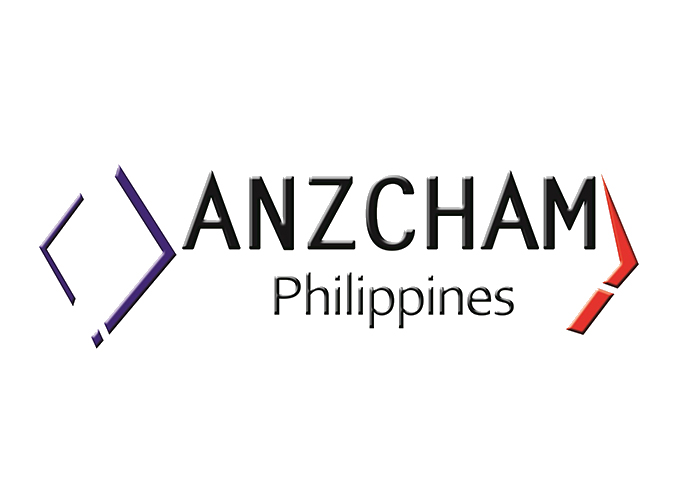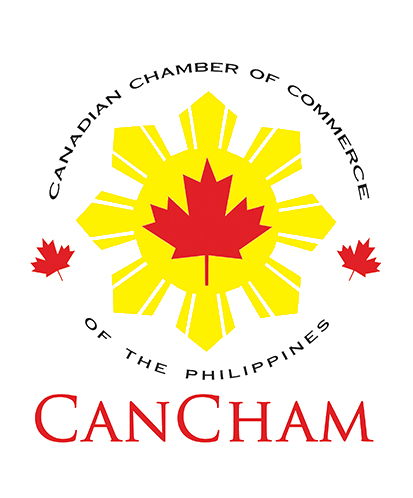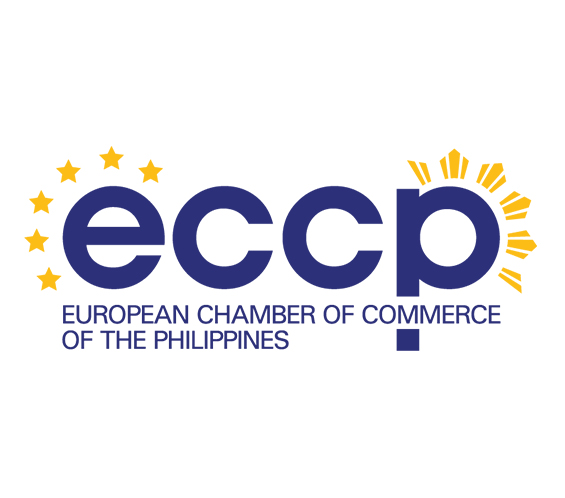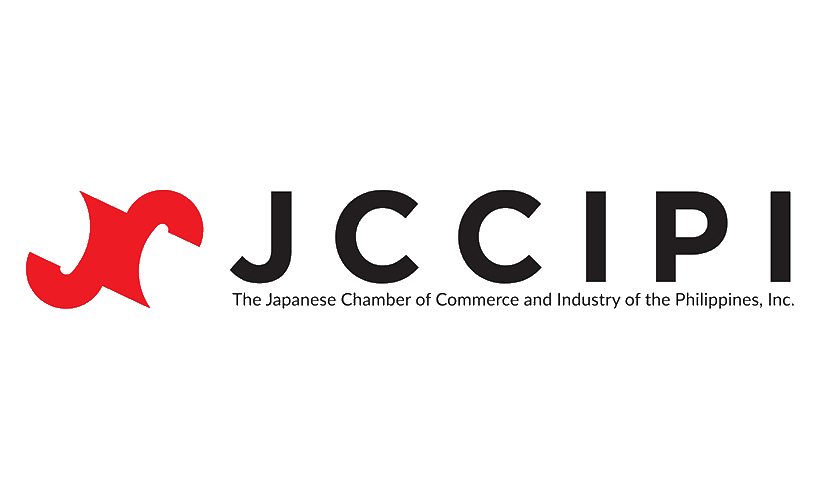A pedestrian walks past a streamer on local business tax.
DoF, DILG move to ensure local fees ‘just’
May 29, 2019 at 13:37
DoF, DILG move to ensure local fees ‘just’
Business Mirror | May 28, 2019
The Departments of Interior and Local Government (DILG) and of Finance (DoF) are requiring local government units (LGUs) to make sure that their fees and charges are “just and reasonable” and do not impede the conduct of business.
Both departments have issued a still-unnumbered joint memorandum circular (JMC), which takes effect immediately, “for the guidance of LGUs to ensure uniform procedure in setting reasonable fees and charges, as authorized by Republic Act No. 7160, or the Local Government Code of 1991, and in order to achieve a balance between recovering cost and ensuring ease of doing business in compliance with RA 11032, or the Ease of Doing business and Efficient Government Service Delivery Act of 2018.
The circular covers all local chief executives, vice-governors, vice-mayors, sanggunian (local legislative council) members, barangay chiefs, as well as regional directors of the DILG and the DoF’s Bureau of Local Government Finance (BLGF), provincial/city/municipal/barangay treasurers and heads of LGU departments and offices.
The JMC applies to all fees and charges imposed by local governments for rendering services to the public, including business permits; barangay clearance; permit to extract sand, gravel and other quarry resources; fees for sealing and licensing of weights and measures; fishery rentals, fees and charges; fees on commercial breeding of fighting cocks, cockfighting and cockpit; fees on places of recreation that charge admission fees; fees on billboards, signboards, neon signs and outdoor advertisements; toll fees and charges; public utility charges; and service fees, among others.
The JMC provides that rates of fees and charges should be revised “at just and reasonable rates to recover cost of services” consisting of variable costs (salaries of personnel directly involved in delivering services concerned; cost of supplies and materials; as well as transport and travel expenses) and fixed costs such as cost of water, electricity and other overhead expenses comprising depreciation rates of equipment and utilities used.
The circular said the BLGF will release within 30 days a local fees and charges tool kit to guide local executives in their review.
Local governments are also required to issue executive orders within three months forming oversight committees — co-chaired by the local chief executive and the provincial/city/municipal treasurer — for such review.
The committee will, among others, review the rationale of fees and charges as well as the methodology for determination of fee rates and schedules; compute appropriate rates to recover cost; as well as submit the proposed local revenue ordinance to the local chief executive and lawmakers.
“High rates discourage investors, while low rates could compromise the revenue generation of LGUs,” Interior and Local Government Secretary Eduardo M. Año said in a press release.
“With this JMC, we are able to set the standard for the appropriate rates for the fees and charges imposed by LGUs. We encourage all LGUs to rationalize their imposed fees and charges in accordance with these guidelines, considering that the identified fees and charges must be reasonable to all concerned parties,” Mr. Año added.
“Defiant LGUs who will impose additional fees and charges not reflected in their citizen’s charters will be sanctioned.”
Sought for a comment, Philippine Chamber of Commerce and Industry Chairman George T. Barcelon welcomed the said circular, saying in a telephone interview yesterday that the Finance department “can… improve the system of payment… [of] the local government… Also ma-facilitate [payment by] the tax payers… tsaka (and) minimize some of the steps [in order] to improve efficiency.”
The World Bank’s Doing Business 2019 report — which uses Quezon City as the benchmark LGU in the Philippines — that was released in October last year placed the Philippines at 124th place out of the 190 economies tracked, down 11 places from 113th in the preceding report.
It ranked 166th (up from 173rd in the 2018 report) in terms of starting a business, 94th (up from 101st) in terms of dealing with construction permits, 29th (up from 31st) in terms of getting electricity, 116th (down from 114th) in terms of registering property, 184th (down from 142nd) in terms of getting credit, 132nd (up from 146th) in terms of protecting minority investors, 94th (up from 105th) in terms of paying taxes, 104th (down from 99th) in terms of trading across borders, 151st (down from 149th) in terms of enforcing contracts and 63rd (down from 59th) in terms of resolving insolvency. — with inputs from Vince Angelo C. Ferreras
Source: https://www.bworldonline.com/dof-dilg-move-to-ensure-local-fees-just/






















